Nestled in a cozy café in Hermosa Beach, California, professional surfer Morgan Sliff is just a few days shy of completing 1,000 consecutive days of surfing.
Over coffee and a veggie sandwich, she’s eager to share stories of the struggles and triumphs women face on the quest for “stoke” (a term surfers use to express their passion for the sport) — from the over-sexualized images of female surfers in magazines in an already male-dominated sport, to the unexpected strength that can be found within the sisterhood of female surfers.
She recalls a particular surf session in which her determination was tested when she was the only woman among dozens of men in the water.
“I look around and there are thirty guys out there, and I don’t see one girl,” she recalls. “Some guy starts paddling in front of me for a wave and I have priority, [but] he’s not even thinking that I can catch it because I’m a girl.”
She explains that she has found herself in that frustrating situation so many times that it hardly even bothers her anymore. Her advice for female surfers in the same spot?
“Expect to have to stand your ground, stand up for yourself, and demand respect,” she says.
Despite the abundance of sexist advertisements in the surf industry and the handful of men who claim waves that are not their own, female surfers celebrate their place in the lineup. Rather than focusing on horror stories of gender inequality and mistreatment of women in the surf, Sliff reveals an uplifting theme in the surfing world: the sisterhood of female surfers.
She loves to see a lineup sprinkled with fellow strong, female surfers.
“You see girls out there [and] you feel the comradery, so it’s exciting to see them in the water, and to just look over and be like, ‘I got you, sister,’” says Sliff.
Even in the competitive division, rather than tearing down other female surfers, Sliff celebrates unique, feminine surf styles and hopes to soon see larger audiences at women’s competitions. “There are so many amazing, talented women surfers out there, and let’s face it, we all want to watch girls surf … Girls have this really beautiful fluidity,” she says.
In fact, Sliff fell in love with surfing after watching other women in the water. She named her grandmother, godmother, and the women from the movie “Blue Crush” as her biggest influences in surfing. As a child, she looked up to Keala Kennelly, Layne Beachley, Rochelle Ballard, and Kassia Meader, all of whom she describes as “really powerful women who inspired [her] from a young age.”
While at times it may seem as though a “no girls allowed” sign is planted on the shore, there is a wide-open opportunity to create a positive community of supportive, powerful women surfers in this male-dominated sport.
Sliff suggests female surfers look for other women out in the lineup and strike up a conversation. Perhaps hinting at our chat in the café, she adds with a smile: “A conversation never hurts.”








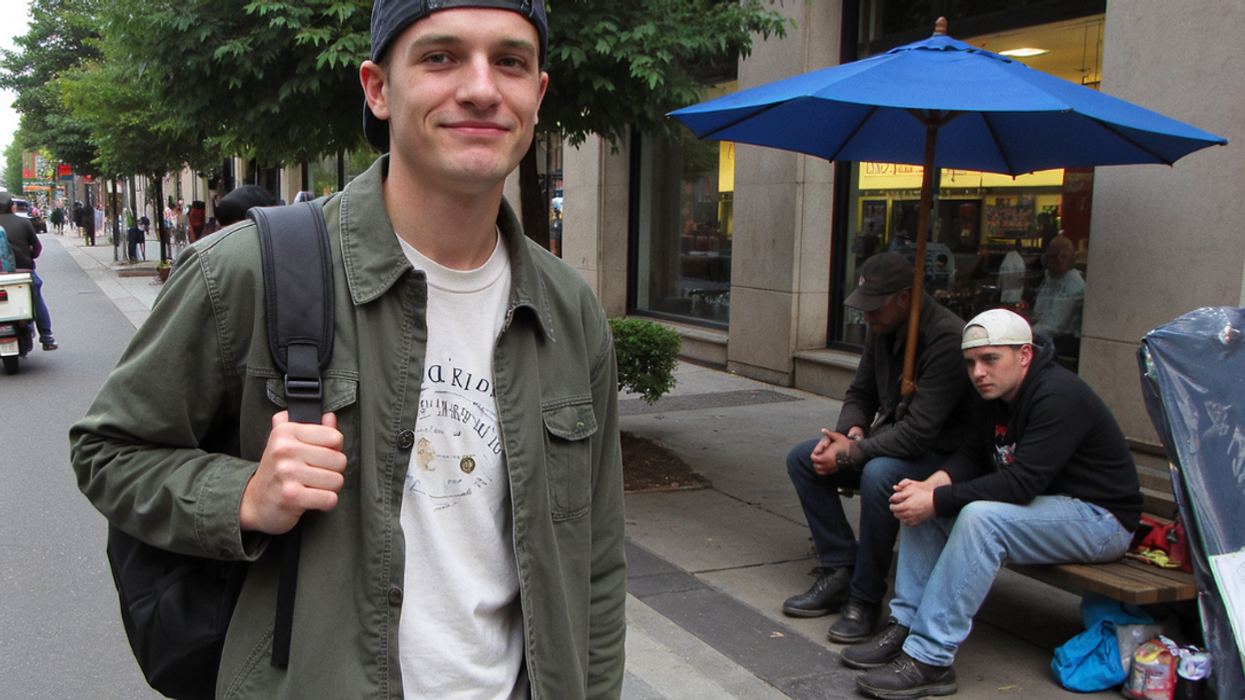


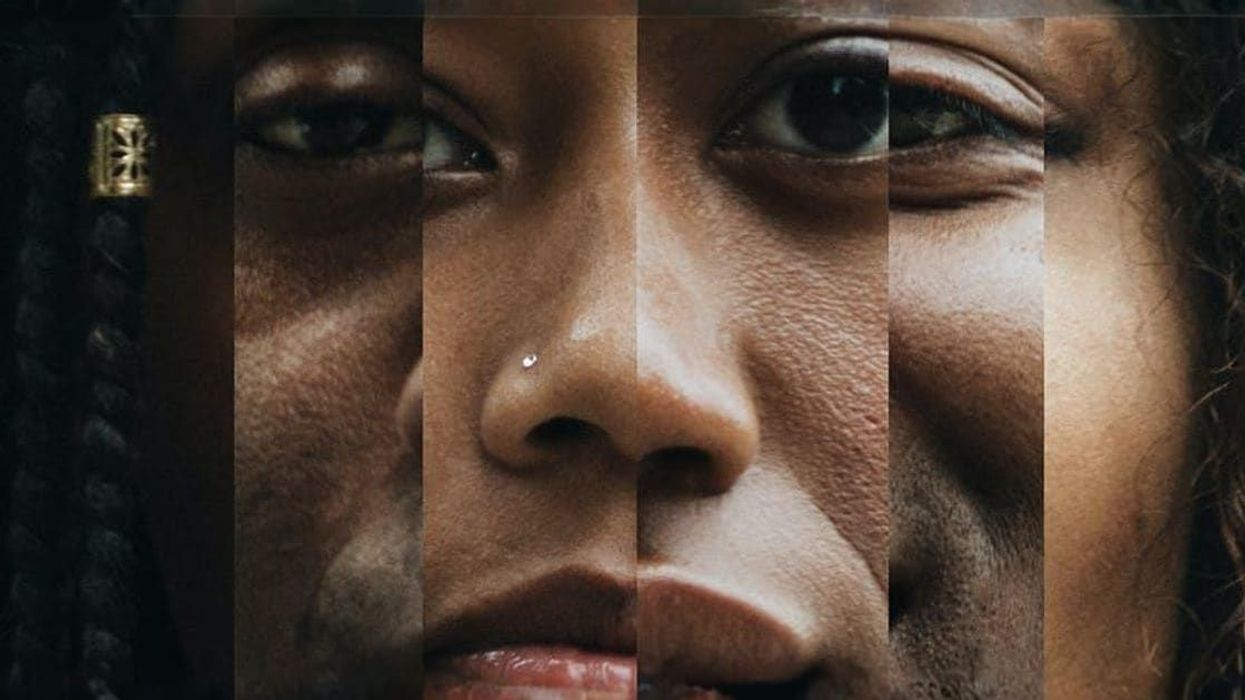




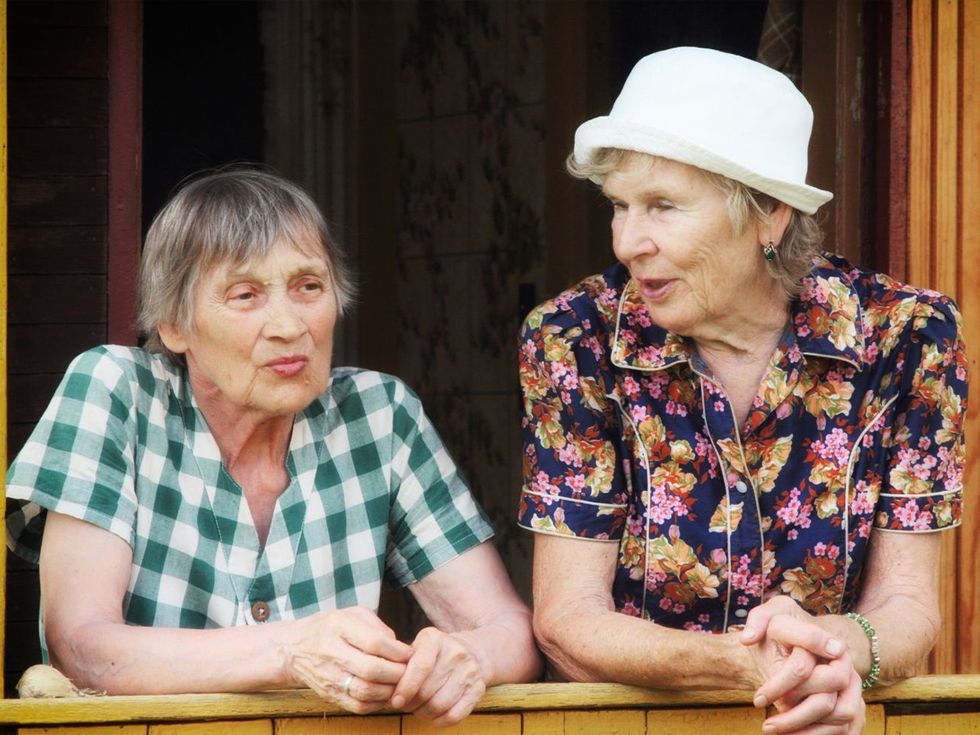 Say goodbye or make amends.Image via Canva - Photo by Inna Postnikova
Say goodbye or make amends.Image via Canva - Photo by Inna Postnikova Friends recording on a camcorder.Image via Canva - Photo by capturenow
Friends recording on a camcorder.Image via Canva - Photo by capturenow
 This is an AI-generated image using the language "A beautiful woman with long eyelashes and red lips surrounded by swirls of colorful makeup." AI/Canva/Elyssa Goodman
This is an AI-generated image using the language "A beautiful woman with long eyelashes and red lips surrounded by swirls of colorful makeup." AI/Canva/Elyssa Goodman 

 Wiman hiding her face behind a bunch of cashCanva
Wiman hiding her face behind a bunch of cashCanva A mansion and its reflection in the swimming poolCanva
A mansion and its reflection in the swimming poolCanva Salzburg at nightCanva
Salzburg at nightCanva Fancy homeCanva
Fancy homeCanva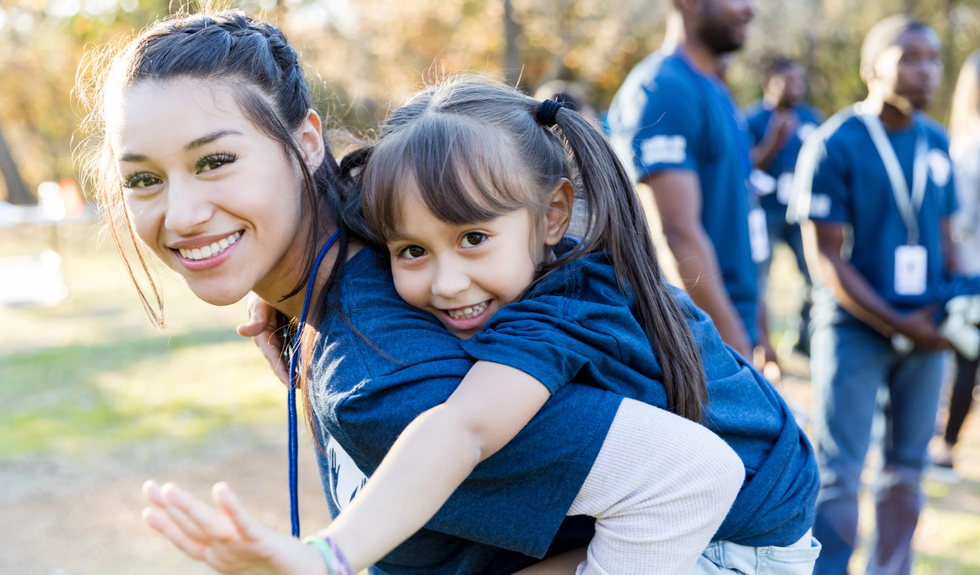 Happy volunteersCanva
Happy volunteersCanva
 Parents of young children get more time with them if they work from home.Photo credit: Canva
Parents of young children get more time with them if they work from home.Photo credit: Canva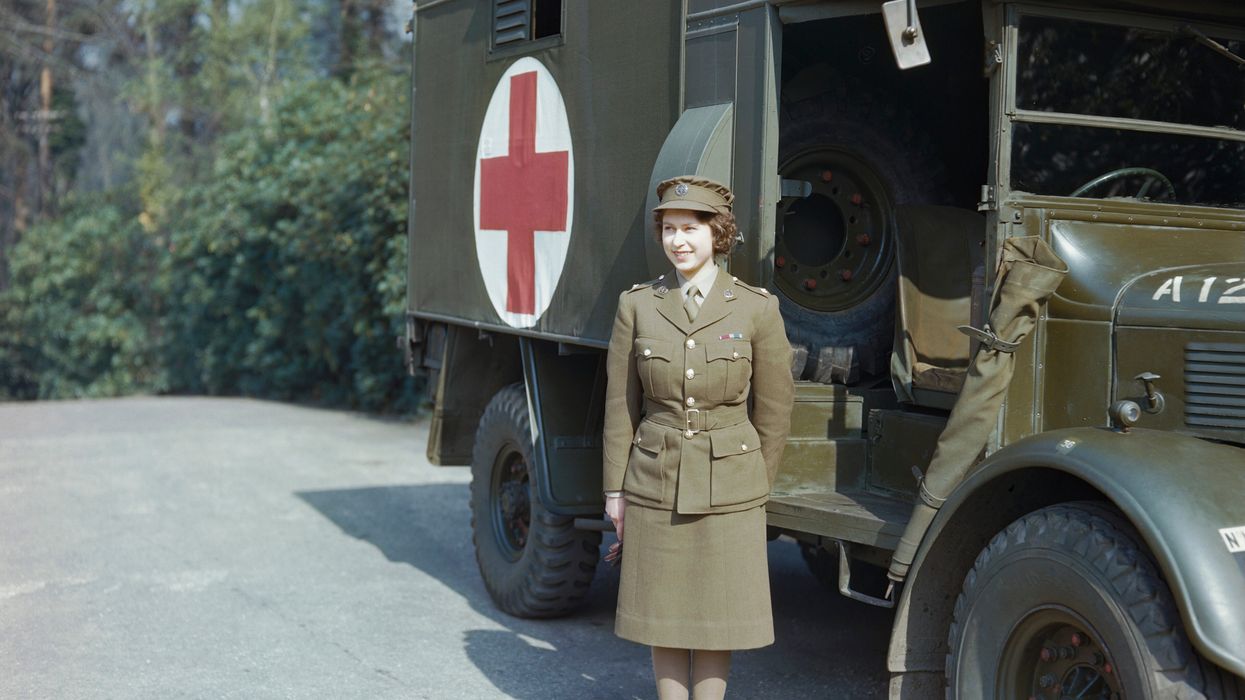

Grieving couple comforting each other
This response to someone grieving a friend might be the best internet comment ever
When someone is hit with the sudden loss of a friend or loved one, words rarely feel like enough. Yet, more than a decade ago, a wise Redditor named GSnow shared thoughts so profound they still bring comfort to grieving hearts today.
Originally posted around 2011, the now-famous reply was rediscovered when Upvoted, an official Reddit publication, featured it again to remind everyone of its enduring truth. It began as a simple plea for help: “My friend just died. I don't know what to do.”
What followed was a piece of writing that many consider one of the internet’s best comments of all time. It remains shared across social media, grief forums, and personal messages to this day because its honesty and metaphor speak to the raw reality of loss and the slow, irregular path toward healing.
Below is GSnow’s full reply, unchanged, in all its gentle, wave-crashing beauty:
Why this advice still matters
Mental health professionals and grief counselors often describe bereavement in stages or phases, but GSnow’s “wave theory” gives an image more relatable for many. Rather than a linear process, grief surges and retreats—sometimes triggered by a song, a place, or a simple morning cup of coffee.
In recent years, this metaphor has found renewed relevance. Communities on Reddit, TikTok, and grief support groups frequently reshare it to help explain the unpredictable nature of mourning.
Many readers say this analogy helps them feel less alone, giving them permission to ride each wave of grief rather than fight it.
Finding comfort in shared wisdom
Since this comment first surfaced, countless people have posted their own stories underneath it, thanking GSnow and passing the words to others facing fresh heartbreak. It’s proof that sometimes, the internet can feel like a global support group—strangers linked by shared loss and hope.
For those searching for more support today, organizations like The Dougy Center, GriefShare, and local bereavement groups offer compassionate resources. If you or someone you know is struggling with intense grief, please reach out to mental health professionals who can help navigate these deep waters.
When grief comes crashing like the ocean, remember these words—and hang on. There is life between the waves.
This article originally appeared four years ago.